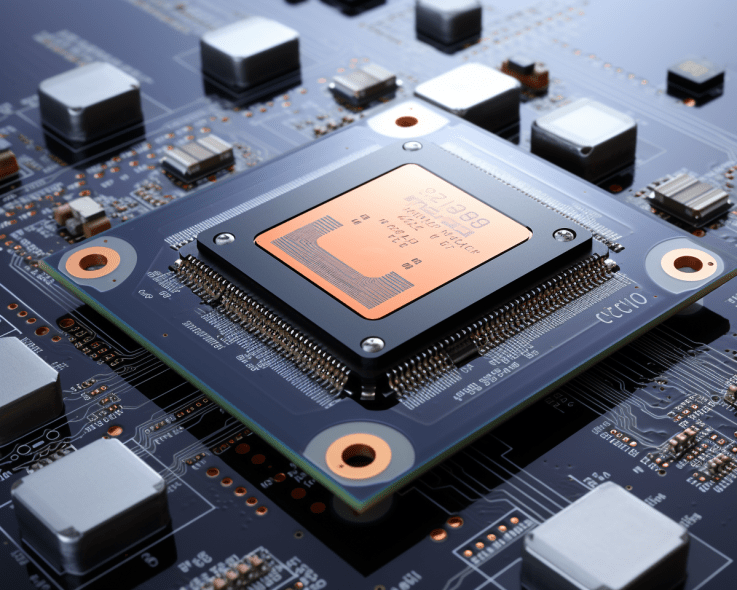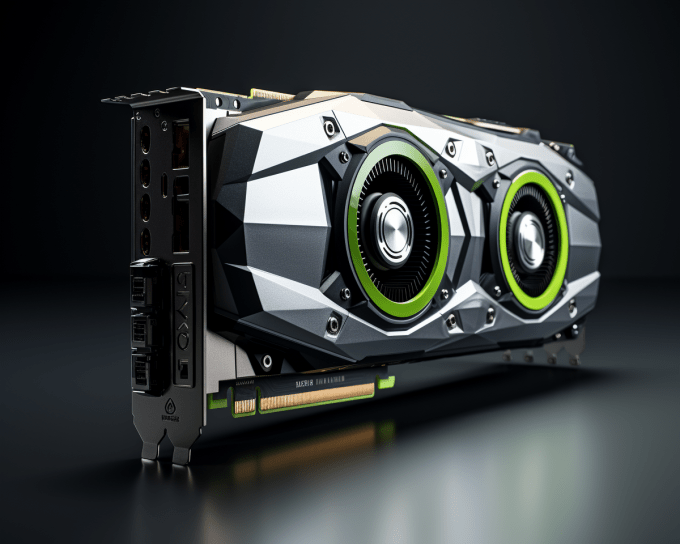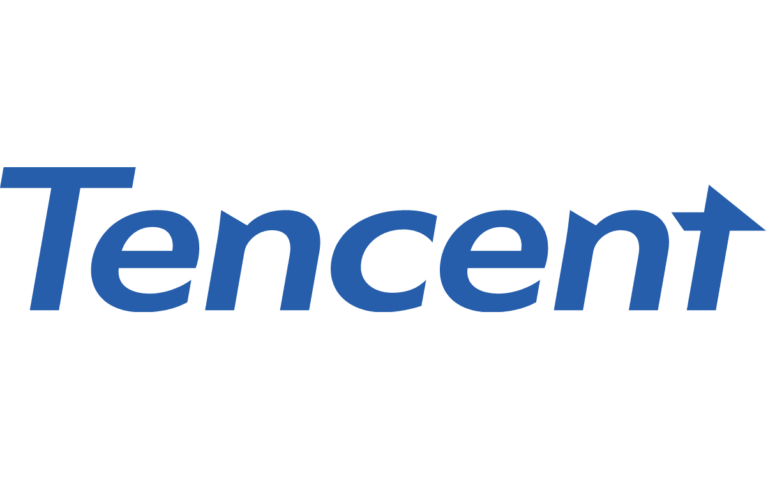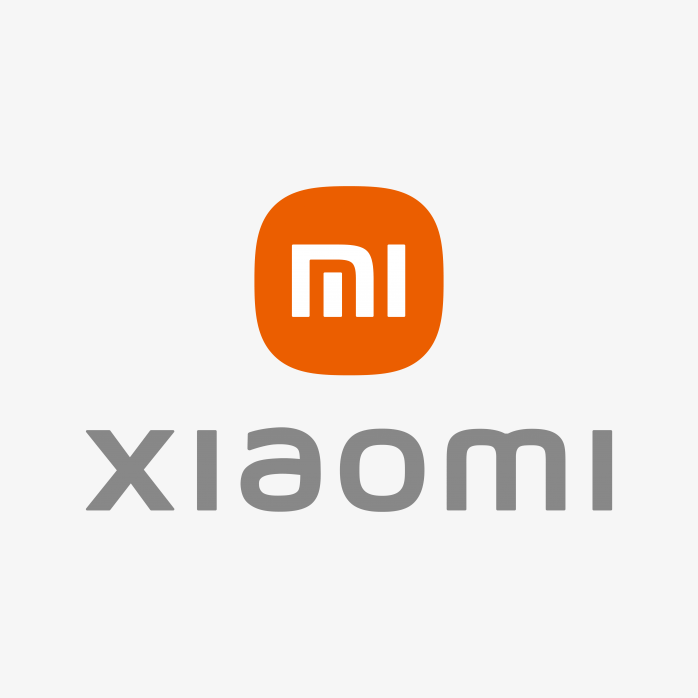
TSMC is a semiconductor powerhouse, producing over 12,300 products for 535 clients worldwide in 2021. The company's influence extends across major tech giants, including Apple, Advanced Micro Devices, Intel, NVIDIA, and more. As of Jan. 30, 2023, TSMC boasts a market capitalization of $429.45 billion, reflecting its monumental role in the tech ecosystem.

Warren Buffett, the legendary investor and head of Berkshire Hathaway, has once again captured the financial world's attention with his strategic moves in Japan. Beyond the surface, his recent forays into the Land of the Rising Sun unveil a meticulous investment strategy that goes beyond the renowned trading companies. This article aims to unravel the intricacies of Buffett's investment approach in Japan, exploring how Berkshire Hathaway is raising funds, where those funds are directed, and the broader implications for the Japanese market.

The bill, officially titled the Biosecure Act, is a comprehensive piece of legislation designed to safeguard US national security interests by restricting foreign adversary biotech companies' access to taxpayer dollars.

At its core, a GPU, or Graphics Processing Unit, is a specialized electronic circuit designed to accelerate the processing of images and videos. Unlike the Central Processing Unit (CPU), which serves as the brain of a computer, the GPU focuses on handling complex calculations related to graphics rendering. Think of the CPU as the general manager and the GPU as the specialist focusing on visual tasks.

Nvidia generates revenue through a diversified range of business segments, notably the Data Center, Gaming, Professional Visualization, and Automotive sectors. In the Data Center domain, Nvidia accelerates compute-intensive workloads using energy-efficient GPUs, data processing units (DPUs), and interconnected systems, catering to hyperscale, cloud, enterprise, public sector, and edge data centers. The Gaming segment capitalizes on the global gaming industry's growth, leveraging GPUs and sophisticated software for enhanced gaming experiences. Professional Visualization involves collaboration with independent software vendors to optimize GPUs for productivity in various fields, including design, manufacturing, and digital content creation. In the Automotive sector, Nvidia pioneers autonomous vehicles, AI cockpit technology, and electric vehicle computing platforms, collaborating with partners across the automotive ecosystem. Nvidia's unique selling points lie in its cutting-edge hardware, innovation commitment, and global impact, making it a leader in diverse technological landscapes and driving its sustained financial success.

In the ever-evolving landscape of technology and finance, one Chinese company stands out as a global titan – Tencent. Unravel the intricacies of Tencent's success story as we delve into its innovative business model, navigating the dynamic terrain of China's tech industry. From its humble beginnings to its current global influence, Tencent's journey offers insights into how this tech giant has redefined the intersection of business and innovation in the heart of China's technological revolution.

Xiaomi isn't just another smartphone company; it's a technological force that emerged from the vibrant landscape of China. Often dubbed the "Apple of the East," Xiaomi started its journey with a primary focus on smartphones but quickly expanded into a diverse range of tech products.

Introduction The British royal family have multiple sources of income, but they’re…

What is Ryanair? Founded in 1984, Ryanair is a low fare, low…

Introduction Fitness is essential to physical and mental health, and every member…

Introduction Hedge funds released their latest 13F filings two weeks ago, and…

Naomi Osaka is one of the most well-known names in the world…










